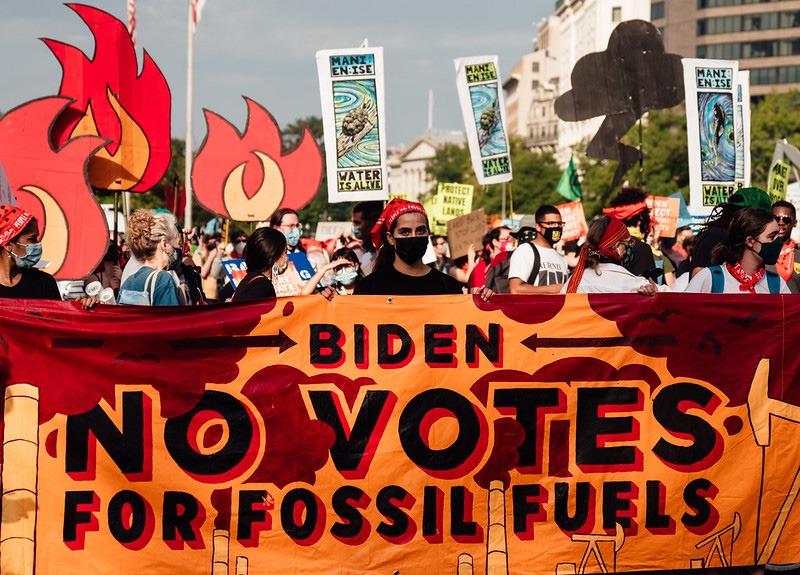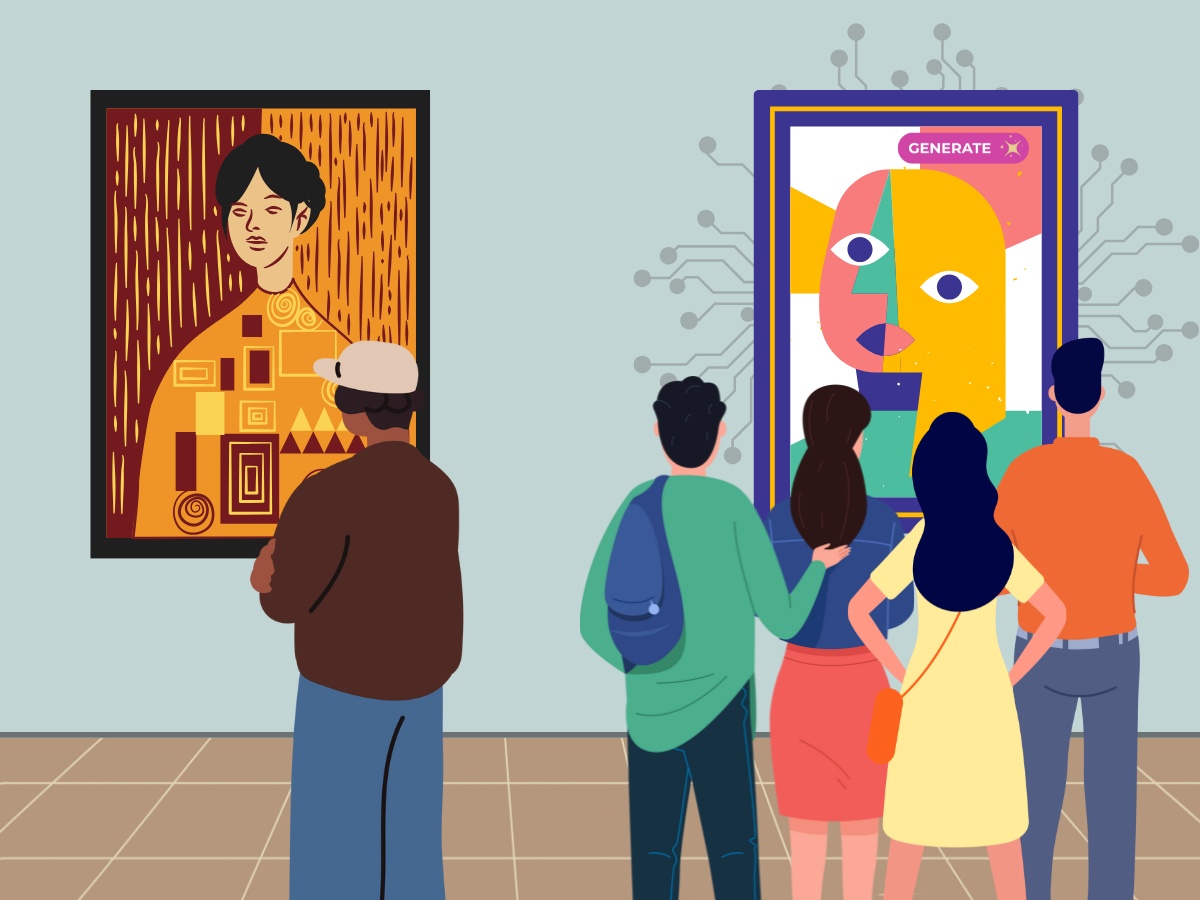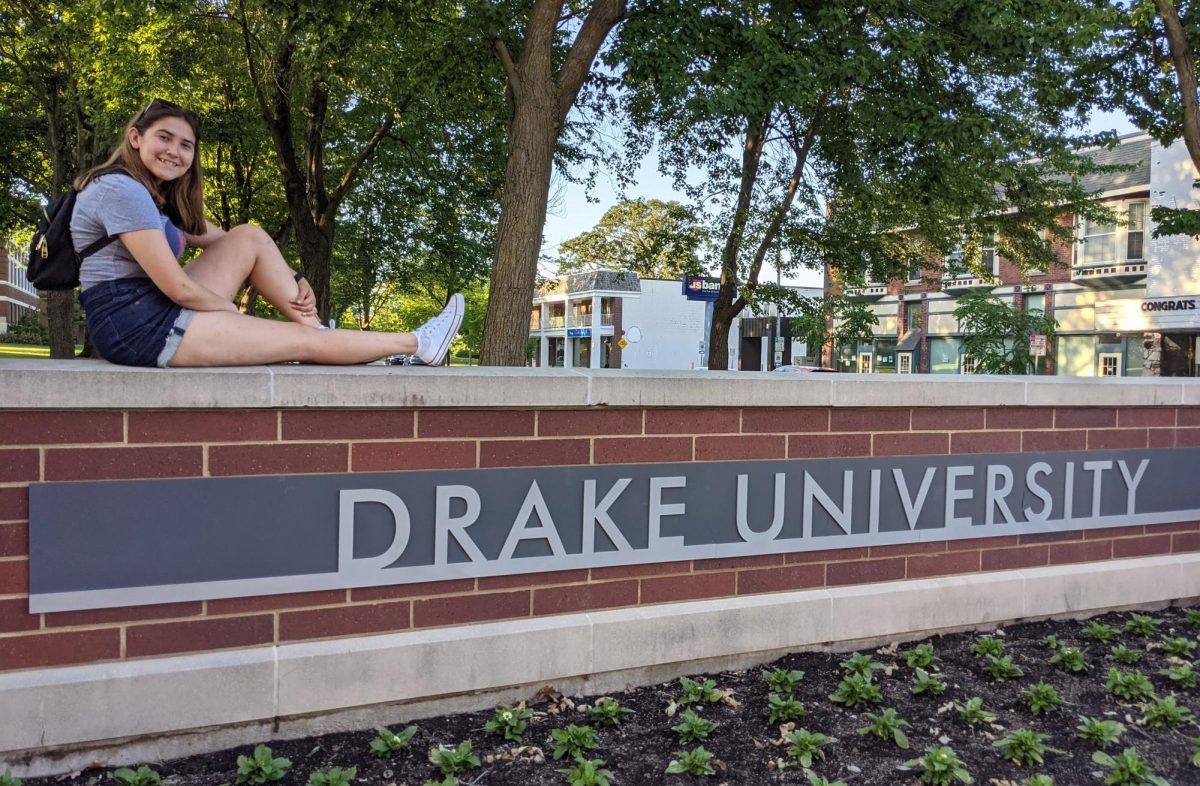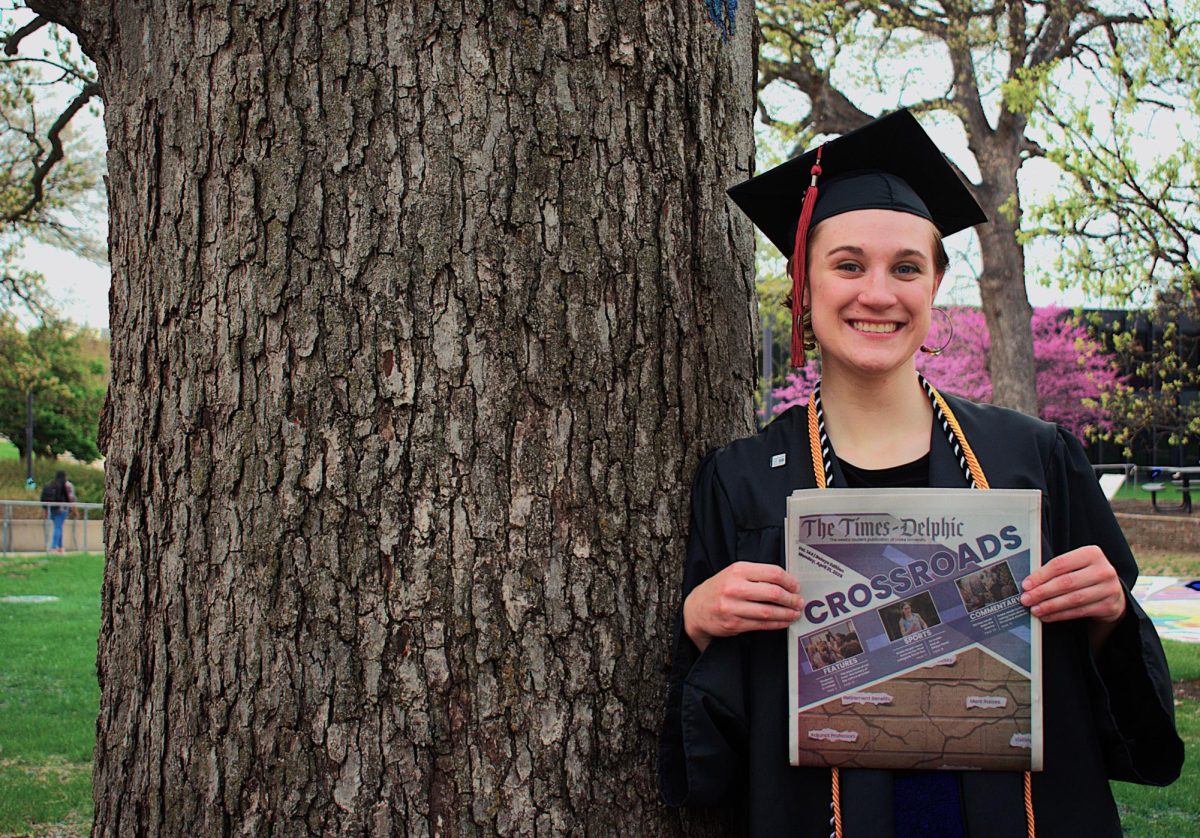Have you ever thought that climate change isn’t your problem?
I can understand that. The problem feels so huge, so ingrained in how our society runs. How can one person possibly make a difference?
Here, I’ll talk specifically to middle and upper-class Americans, because our privileged lifestyles increase our impact on the climate. Together, we do have the power to make a difference — and, actually, we have a moral responsibility to do so. We didn’t get together and decide to contribute to a global crisis, but the way we live is not sustainable. We live this way at the expense of people who are less fortunate than us, so we must make a change.
Georgetown University assistant professor Colin Carlson wrote that by the end of this year, climate change will have killed roughly 4 million people since the turn of the century, Grist reported. The environmental media outlet reported that this is probably a big underestimate.
The World Health Organization says no one is safe from the risks of climate change, but “the people whose health is being harmed first and worst by the climate crisis are the people who contribute least to its causes.” And they are the people least able to protect themselves and their families against the climate crisis: people in low income and disadvantaged places.
The climate impact of the average American is much higher than the average person in the world. This gives us a greater responsibility to change.
A carbon footprint measures contribution to climate change through the total amount of greenhouse gasses that are generated by our actions, as defined by The Nature Conservancy. The average carbon footprint of a person in the United States is 16 tons, according to the Conservancy. Globally, the average person’s footprint is closer to a quarter of that. Have you heard the song “Sixteen Tons?” written by Merle Travis?
“You load sixteen tons, what do you get?
Another day older and deeper in debt
Saint Peter, don’t you call me ‘cause I can’t go
I owe my soul to the company store.”
The song isn’t about climate change. However, my “sixteen tons,” and yours and every American’s, indebts our country to the people who are being harmed the most by climate change.
It’s like the struggle against racism. Have you ever heard someone say that it’s not enough to not be racist — that people should be anti-racist? Anti-racism involves opposing racism. Similarly, it’s not enough to sit back and enjoy the benefits of our privileged lives. American society gives us these privileges, and we have a responsibility to go out of our way for the sake of others.
If you’re wondering why you should have to do something when the ultra-wealthy and politicians aren’t doing enough, I get you. But will they really change without us pushing them to do it? We can work to make a change by being climate-conscious consumers and pushing our leaders to make different decisions.
Of course, the world has failed to prevent climate change—it’s already happening—but fighting climate change is not like a wrestling match. This isn’t a win-or-lose, pin-or-be-pinned kind of problem. It’s a matter of how much greenhouse gas we put into the atmosphere. It’s a matter of how bad the storms get, how hot the heat waves grow and how many people suffer and die. Together, we can make climate change less impactful than it would otherwise be.
Not everyone’s career is going to be directly focused on fighting climate change (some should be, though!). I’ve been applying for AmeriCorps positions in which people can tackle impactful issues like climate change in a short-term job — sometimes without a college degree. If you haven’t yet accepted a job for post-graduation, consider giving it a shot for a summer or a year.
I’ll be honest, AmeriCorps might not pay as much as whatever job you would take otherwise. But if you have the ability to do it, remember that not everyone has that chance. We may not be as powerful as the president or Exxon Mobil, but our privilege gives us power and responsibility to make change.







